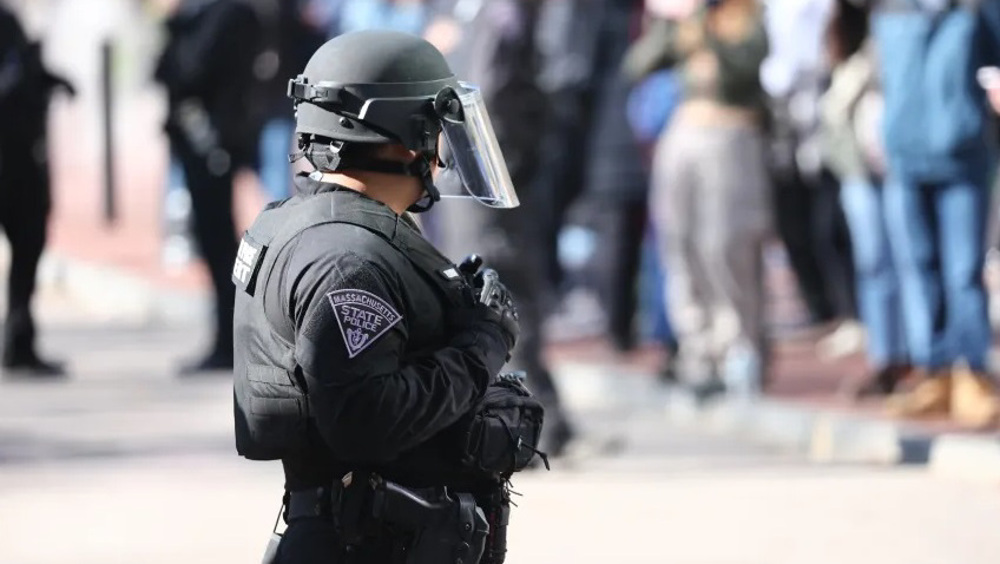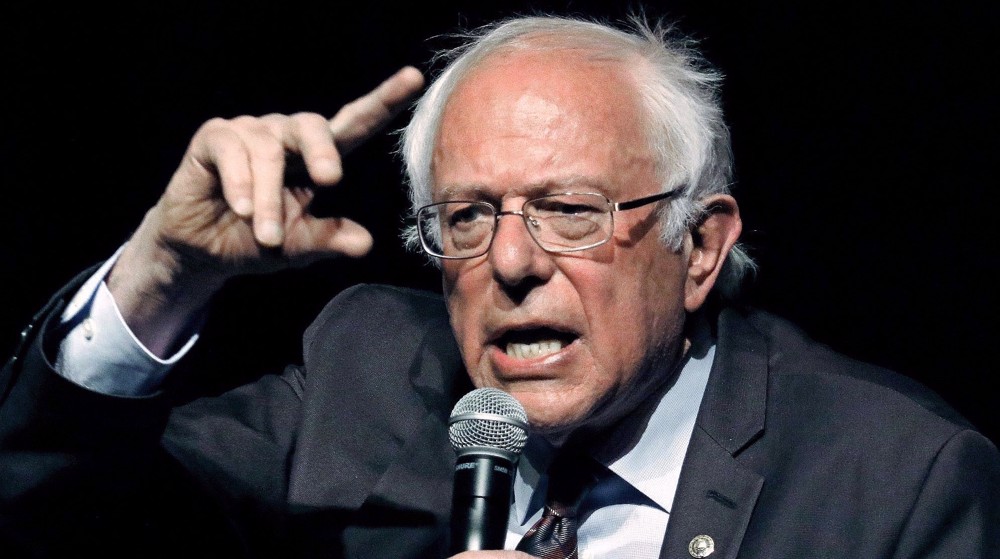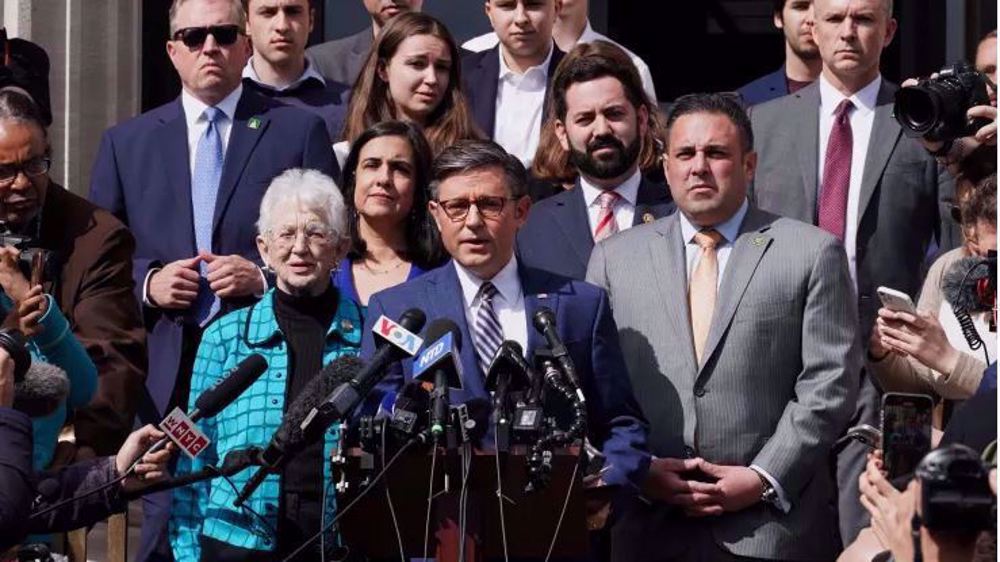Hook’s resignation signals failure of US foreign policy on Iran
The abrupt departure of Brian Hook, the US special representative for Iran, is indicative of the fact that the American foreign policy towards the Islamic Republic is in a state of complete disarray.
US Secretary of State Mike Pompeo confirmed in a statement on Thursday that Hook, who has worked as the special envoy since August 2018, was stepping down from his post. Pompeo said Hook would be replaced with Elliott Abrams, who currently serves as the Department's special representative for Venezuela, and is also a US foreign-policy hawk and Iran hard-liner.
Hook, who had been executing Trump's "maximum pressure" policy toward Iran, was working closely with Pompeo and leading the charge on efforts to prevent the lifting of the arms embargo on Iran which will expire in October under UN Security Council Resolution 2231, which endorses Iran nuclear deal, officially known as the Joint Comprehensive Plan of Action (JCPOA).
The US-brokered extension of arms ban against Iran is certainly to be another defeat on Hook’s major diplomatic initiative at the UN Security Council next week as China and Russia, two veto-wielding members of the Security Council, are unlikely to back the resolution.
By and large, the tenure of Hook over the past two years failed to yield the kind of high-profile victory the White House once had hoped for but, in the first place, what seems to have further complicated the situation at the White House is the unilateral withdrawal of Washington from the JCPOA and its obdurate abstinence from rejoining the 2015 landmark deal in the wake of colossal backlash from the international community.
“The administration is sunk in a deep rut of its own devising, with no pathway to negotiations,” said Barbara Leaf, a former US ambassador to the United Arab Emirates during the administrations of Trump and his predecessor, former President Barack Obama.
Some former officials are also of the opinion that Abrams is likely to use the remaining months before the election to tighten the screws on Iran, whether through an increase in the acts of sabotage inside the country or by further deepening US relations with Israel.
“I think Abrams is much smarter than Hook. He may be more effective,” one former US official said. “They don’t have time to get things done, but they do have time to make trouble.”
Some former US officials also view Trump’s Iran policy as a way to try to fence in Joe Biden should he win the election race in November since the United States could potentially shatter the legal framework underpinning the deal by extending the arms embargo and triggering snapback sanctions.
The former US vice president has on several occasions said he is poised to return to compliance with the 2015 Iran nuclear deal.
“At this stage, the Trump administration’s Iran policy is all about preparing for Trump’s loss and trying to pin down a future President Biden in his options with Iran,” said Jarrett Blanc, the former State Department coordinator for Iran nuclear implementation during the Obama administration. “I think they’re likely to fail at that effort.”
In yet another move by the US to cushion the blow of its Iran foreign policy’s defeat, Trump on Friday said he would make a deal with Iran despite relentlessly pushing anti-Tehran measures under Washington's maximum pressure campaign against the Islamic Republic.
Trump, however, said Iran favors his democratic opponent at the White House.
“Iran would love to see me not be president,” he said in a press conference at his golf club in Bedminster, New Jersey, on Friday.
“But if and when we win, we will make deals with Iran very quickly,” he added.
Tehran has rejected talks with the US, saying what Washington has got for now is to return to the nuclear agreement and abide by its obligations.
Ever since quitting the nuclear deal in May 2018, Trump has been running what he refers to as a "maximum pressure" campaign, which seeks to pressure Iran into negotiating a new deal that addresses its ballistic missile program and regional influence.
After imposing several rounds of sanctions targeting Iran's oil exports, Washington has also sent warships and bombers to the Persian Gulf to counter what it calls Iran's threat for shipping in the Persian Gulf.
It is currently ramping up efforts to kill the JCPOA completely through pushing the remaining parties to the multilateral agreement to extend a UN arms embargo on Tehran.
VIDEO | Press TV's news headlines
VIDEO | US sanctions on Syria impede country's recovery, increase Syrians' suffering
VIDEO | People of Pakistan lay foundation of al-Aqsa Museum in solidarity with Palestinians
VIDEO | The Shankill Butchers
VIDEO | Africa’s stolen heritage
VIDEO | An insider’s view of the country: Birjand, the city of science and glass art
‘Violent suppression of anti-Zionist student protests shows West’s true colors’
VIDEO | Displaced Gazans thank US students for their support













 This makes it easy to access the Press TV website
This makes it easy to access the Press TV website